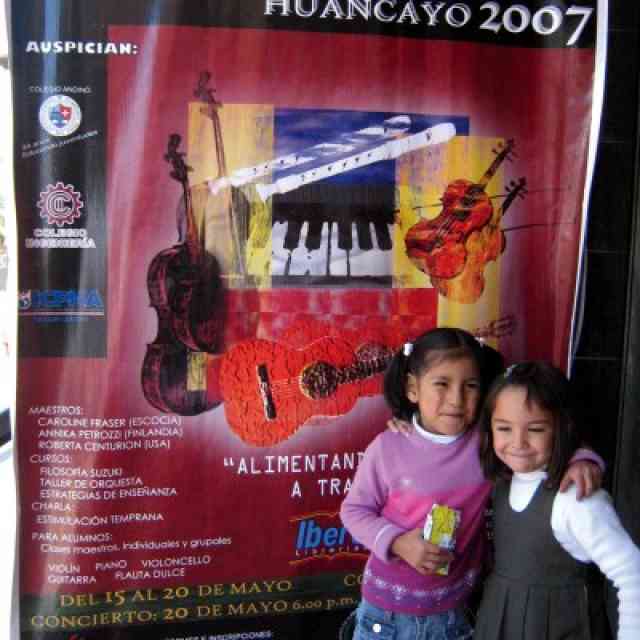What projects are you involved with at the moment?
I am currently recording two new CDs. The target date for the release of the first one is the first of September with, hopefully, the second one to follow soon thereafter. I am very excited about the music on both CDs and have been planning for both for quite some time. We are also making plans for our upcoming Christmas show which is a spectacular production.
Tell us what is the most satisfying aspect of your career.
The most satisfying aspect of my career is hearing the comments from all of the fans sharing how much they’ve enjoyed my music and how much it has touched them. It especially means a lot to me to hear parents and children share that coming to see me perform has either inspired the children to start playing or has renewed their interest to play again.
In your view, how is music education affecting the music industry?
I think music education is continuing to affect the music industry now more than ever. For example, music education:
- Exposes students to and educates them about cultural diversity in the international community. For example, I feel in my case, improvisation crosses geographical boundaries with quotes from every continent, communicating with a global audience through the shared musical language.
- Trains and prepares future performers, composers, and arrangers through instruction and concert opportunities.
- Provides future workers with the many extra-musical disciplines needed for non-performing employment in the music industry.
- Although not all students will enter the music industry, all will become music consumers. Music education hones the listening skills and appetites to create not only performers, but patrons as well.
What trends do you see in music education?
- Multicultural awareness and diversity education is a foundation of any sound music education program today.
- More culturally diverse repertoire is available, learned, and routinely performed by choirs and instrumental ensembles.
- Many schools include a Music Appreciation component in their course offerings. Some schools offer instruction in guitar and/or keyboard within the public school day.
- Post-secondary institutions are offering a much wider variety of courses of study, encompassing the commercial aspects of the field of music.
- At the elementary level, music classes include instruction in literacy, integrating reading and writing in every curricular area.
Have you been, or are you, actively involved in teaching?
No, I haven’t been actively involved in teaching, other than my family.
Do you presently have any contact with the Suzuki Method?
We have many Suzuki students and teachers attend our show. Schedules permitting, I always try to talk to them either during intermission or after the show.
When you were asked to be a member of our Honorary Board, what prompted you to say, “Yes?”
My background is in the Suzuki Method. It’s very easy to support something that you so enthusiastically believe in. Being invited to be on the Honorary Board was such an honor.
Is there anything else you would like to tell the Suzuki Association?
I think the Suzuki Method makes tremendous and valuable contributions to the music education of children and adults all over the world.







